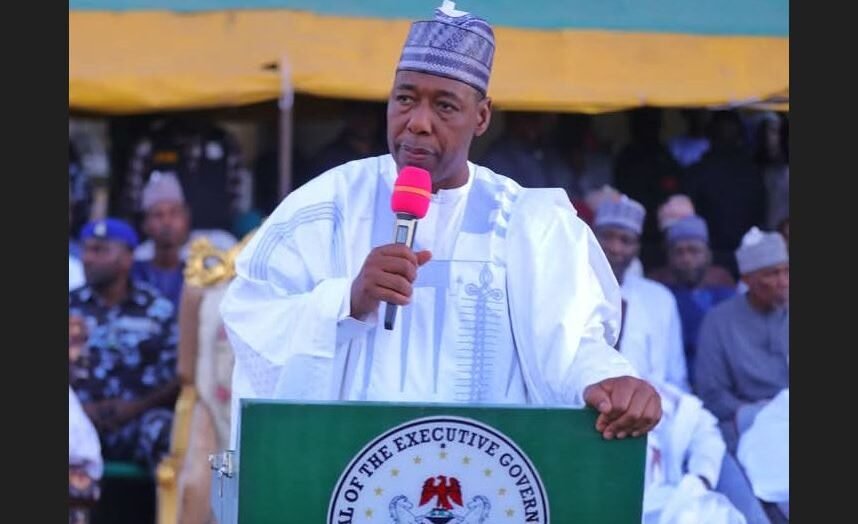FORMER EFCC CHAIRMAN UNVEILS EXPLOSIVE BOOK ON NIGERIA’S FUEL SUBSIDY FRAUD
Abdulrasheed Bawa, the former Chairman of the Economic and Financial Crimes Commission (EFCC), has released a groundbreaking book titled “The Shadow of Loot & Losses: Uncovering Nigeria’s Petroleum Subsidy Fraud”. The book provides an authoritative account of Nigeria’s multi-trillion-naira fuel subsidy scandal, exposing the inner workings of one of the country’s most pervasive financial crimes. According to Bawa, who drew from his firsthand experience as a key investigator on the EFCC’s special team that probed the 2012 subsidy fraud, the schemes used to siphon public funds under the guise of fuel subsidy payments were staggering in scale, complexity, and audacity. He revealed that billions of naira were recovered and several culprits brought to justice, while also shedding light on how entrenched corruption allowed the fraud to flourish for years. Bawa detailed multiple fraudulent strategies used to defraud the government, including ghost importing and over-invoicing, manipulation of bills of lading, round-tripping and double claims, and diversion and smuggling. He explained that these practices were enabled by forged documents, weak regulatory oversight, and systemic collusion between corrupt government officials and private sector actors. “The Shadow of Loot & Losses is not just a chronicle of fraud,” Bawa said. “It is a call to action — a demand for transparency, accountability, and reform in Nigeria’s public finance management, especially in the oil sector.” As a former EFCC chairman, serving from 2021 to 2023, Bawa brings rare credibility and insight into the institutional challenges and political dynamics that have shaped the anti-corruption fight in Nigeria. His book offers evidence-based analysis and personal reflections on one of the most controversial chapters in Nigeria’s recent history. The Shadow of Loot & Losses is essential reading for policymakers, civil society advocates, journalists, and citizens interested in understanding how systemic fraud undermines development and how it can be confronted. The book is distributed nationwide by RovingHeights Bookstore.




































































































































































































































































































































































































































































































































































































































































































































































































































































































































































































































































































































































































































































































































































































































































































































































































































































































































































































































































































































